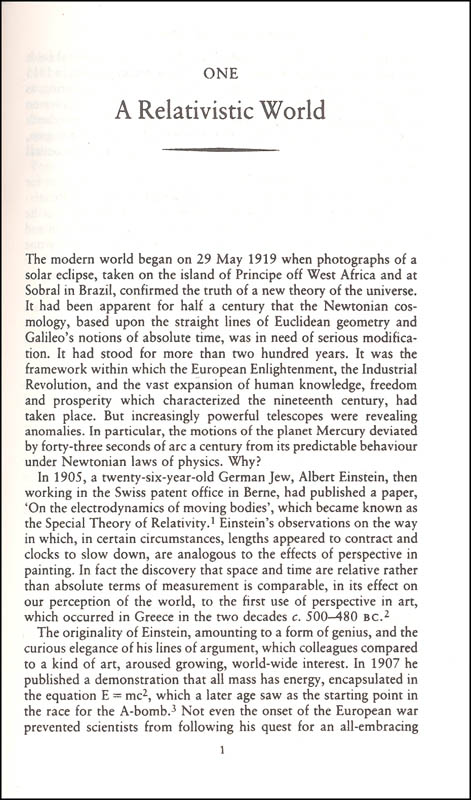


(George Sorel, Reflections on Violence, 1906) - 2.- "The optimist believes he can rebuild in twenty or fifty years, which has taken millions of years to nature. Convinced that their wars or reforms or socio-political revolutions and government, suffice to guide economic and social movement, and mitigate the world today offers cruel to sensitive soul’s poverty and misery. For him, the pray plans have a force that leads to realization easily and are intended to produce people with happiness. INTRODUCTION 1.-85- "The optimist, in social and political matters, is inconstant and dangerous, why, he does not see the great obstacles to " his plans ". Mariupol (under Bakhtadze) should read "near Crimea"-not "in Crimea.

54 should read ""Milice" footnote, 134, p. The booklet stresses Bolshevik suppression of Mensheviks in Georgia, émigré Georgians ambivalent feelings toward the Soviet Union, and their admiration of Germany-though not of Nazi anti-Semitism, The booklet includes photos of some collaborations and documents pertaining to them. The dossiers reveal the motivations of the Georgian and other collaborators and testimonials used to defend themselves. Information is based on dossiers from the Service historique de la Défense (Archives militaires, Château de Vincennes) Paris. It adds nuance to the topic of collaboration because it deals with Paris rather than Vichy. This booklet details military help to Germany by Georgians in Paris and other forms of collaboration with the German occupiers in France by Georgians and non-Georgians-including Frenchmen and women, Jews, and Corsicans-like Étienne Léandri-during World War II. Together, therefore, with the facts of Trotsky's life, I have had to narrate the tremendous social and political events of the period: the turmoil of industrialization and collectivization in the U.S.S.R, and the Great Purges the collapse of the German and European labor movements under the onslaught of Nazism and the outbreak of the Second World War.

The biographer has had to show how this had come about and to delve into the complete circumstances and relationships which, while enabling Stalin to 'strut about in the hero's garb', made Trotsky into the symbol and sole mouthpiece of opposition to Stalinism. It was as if a huge historic conflict had become compressed into a controversy and feud between two men. Consequently, Trotsky appeared to stand quite alone against Stalin's autocracy. and not even an echo could be heard of the earlier intense struggles, except in the grovelling confessions of guilt to which so many of Stalin's adversaries had been reduced. From 1929 to 1940, no voice could be raised against Stalin in the U.S.S.R.


 0 kommentar(er)
0 kommentar(er)
